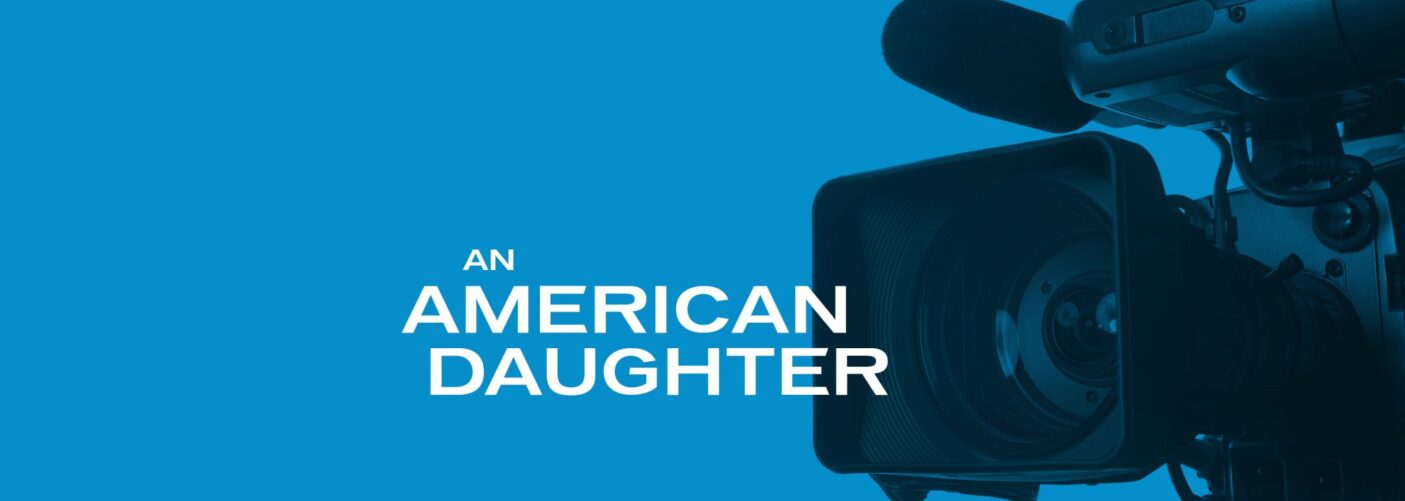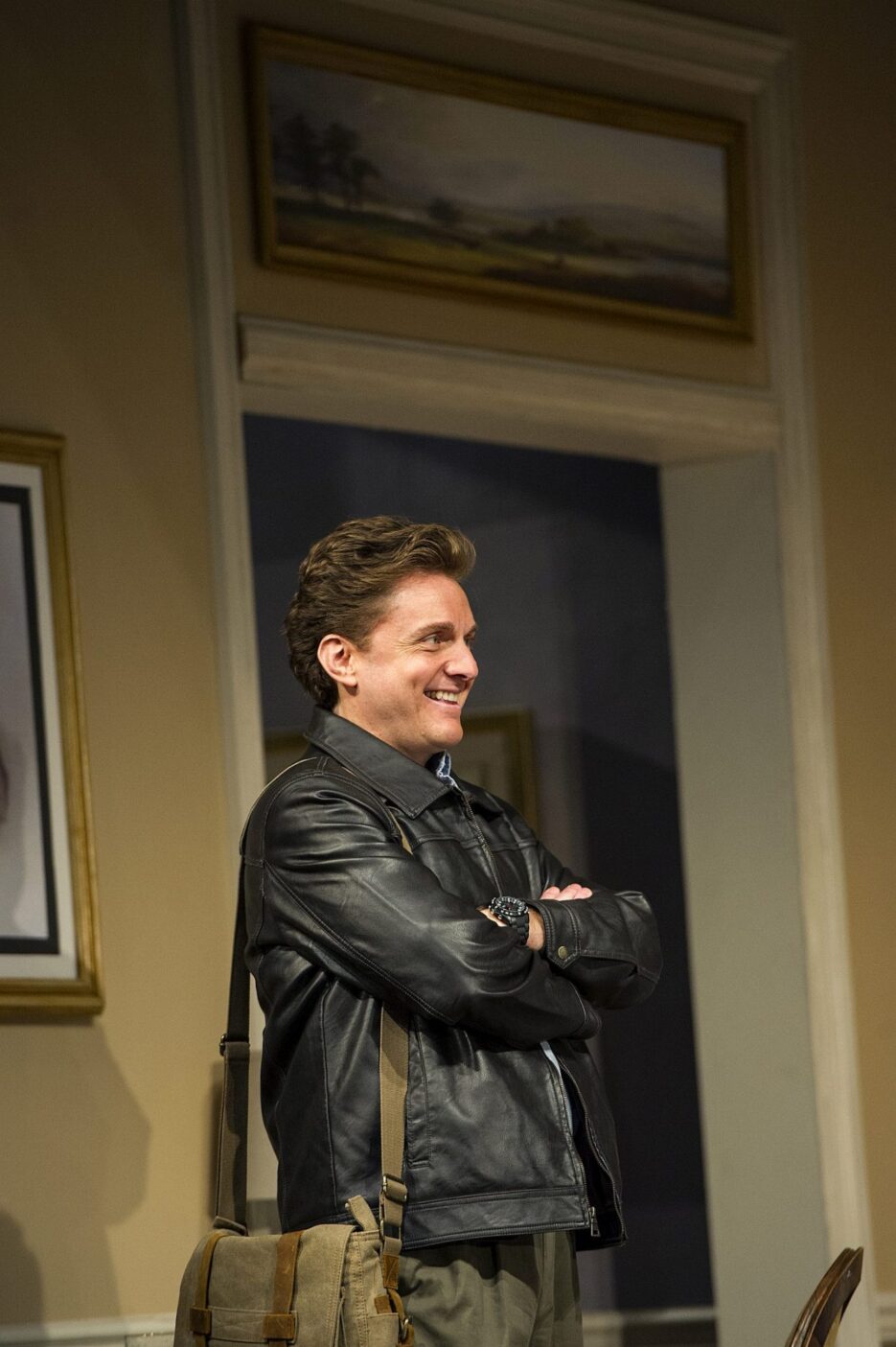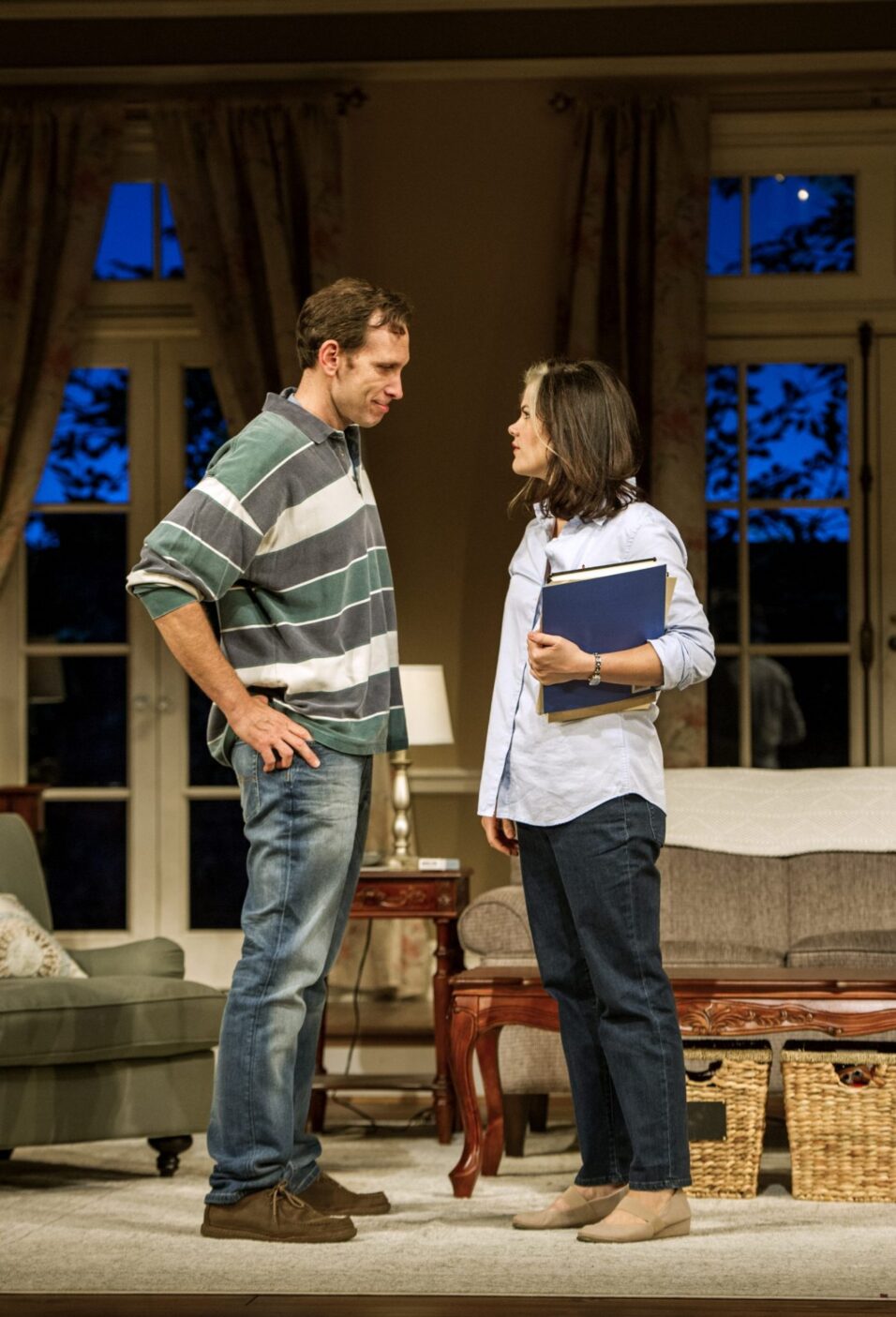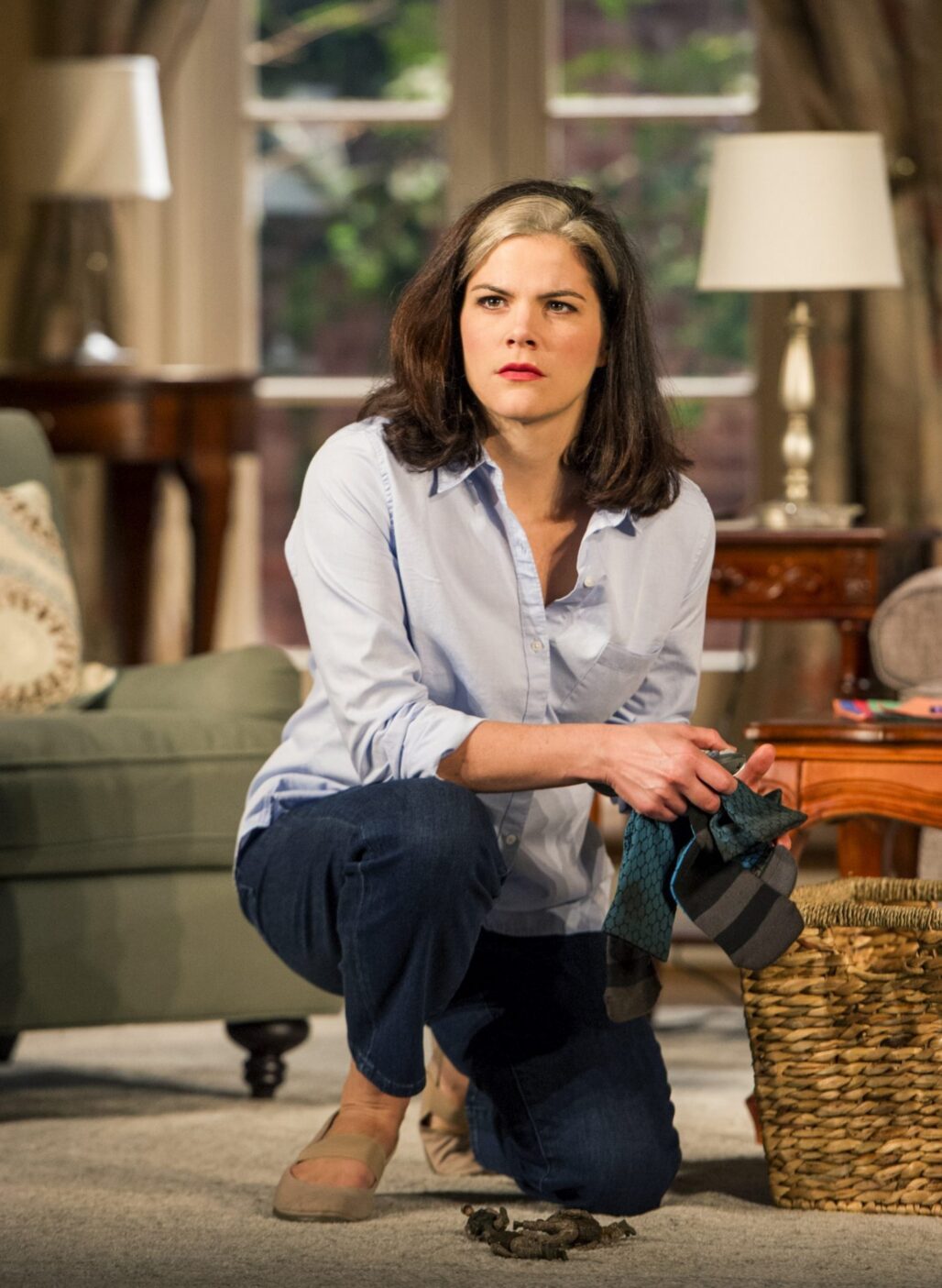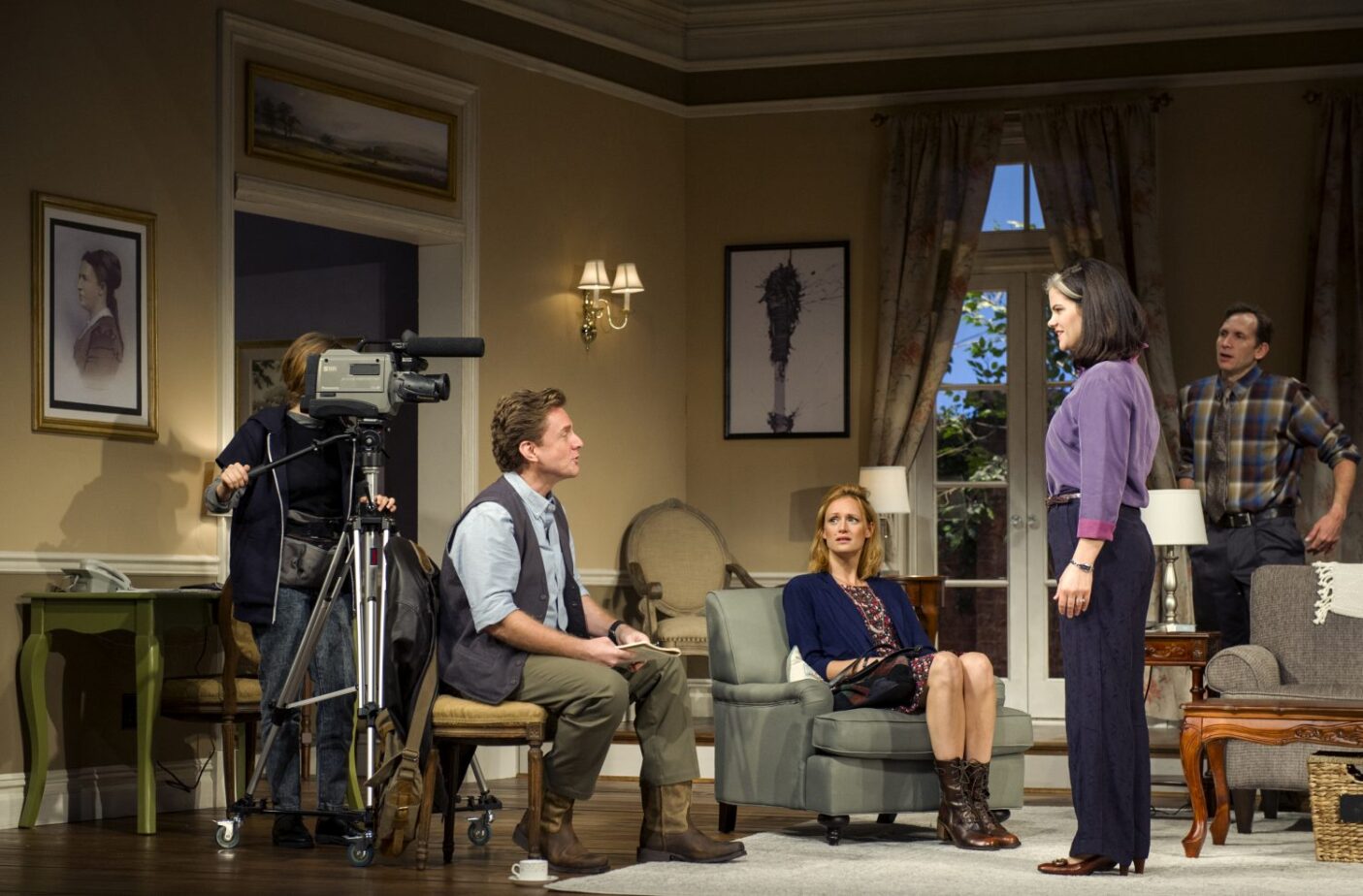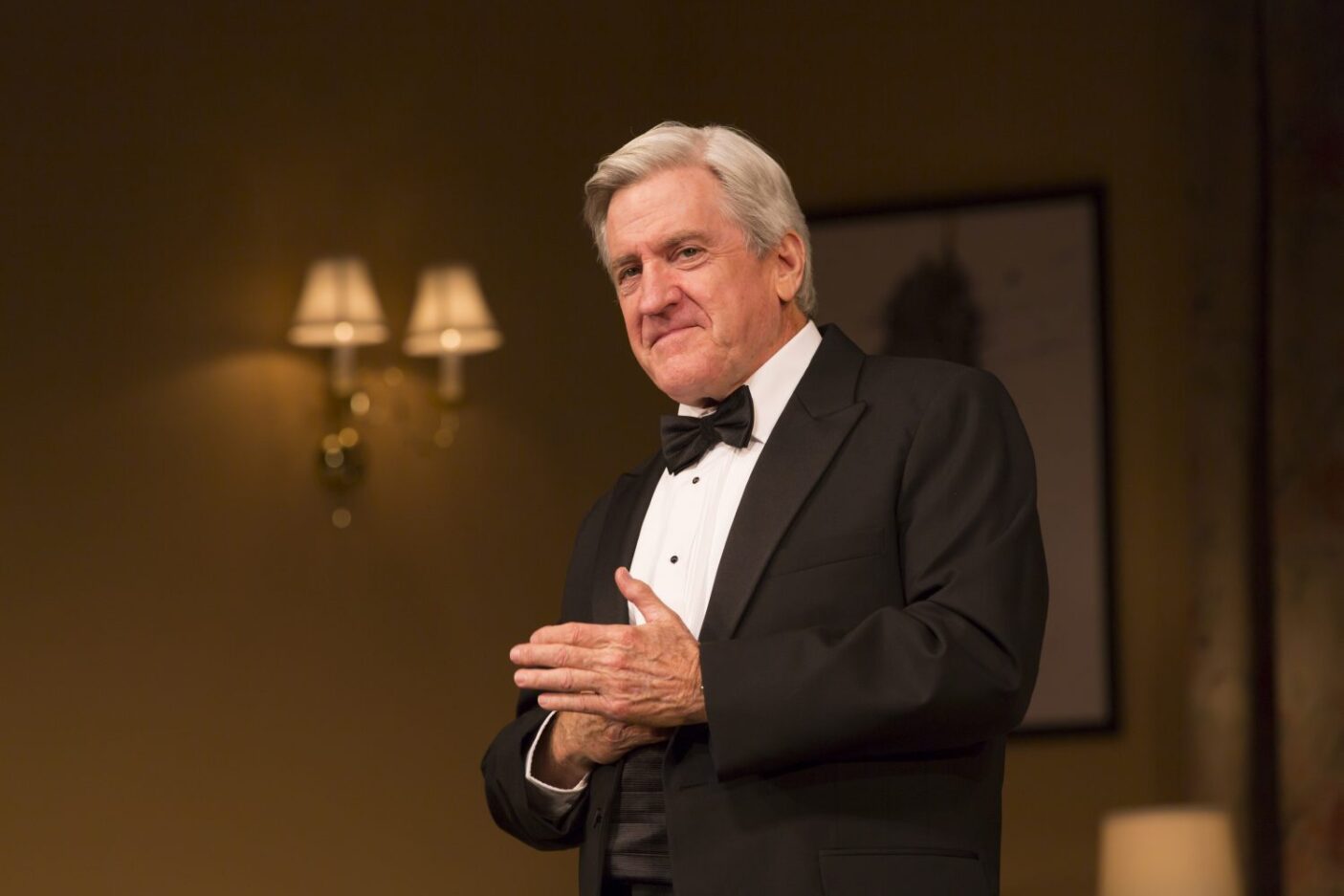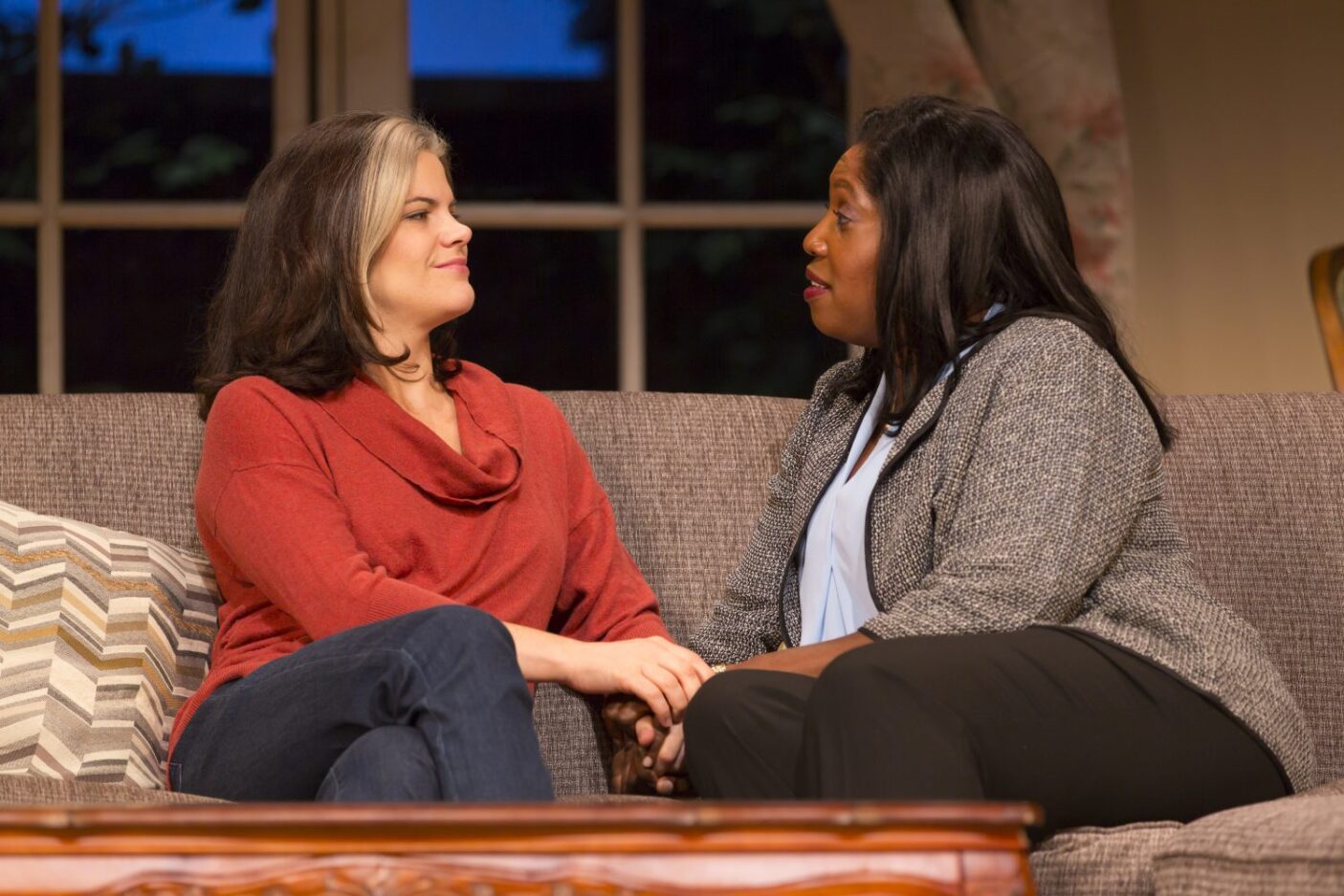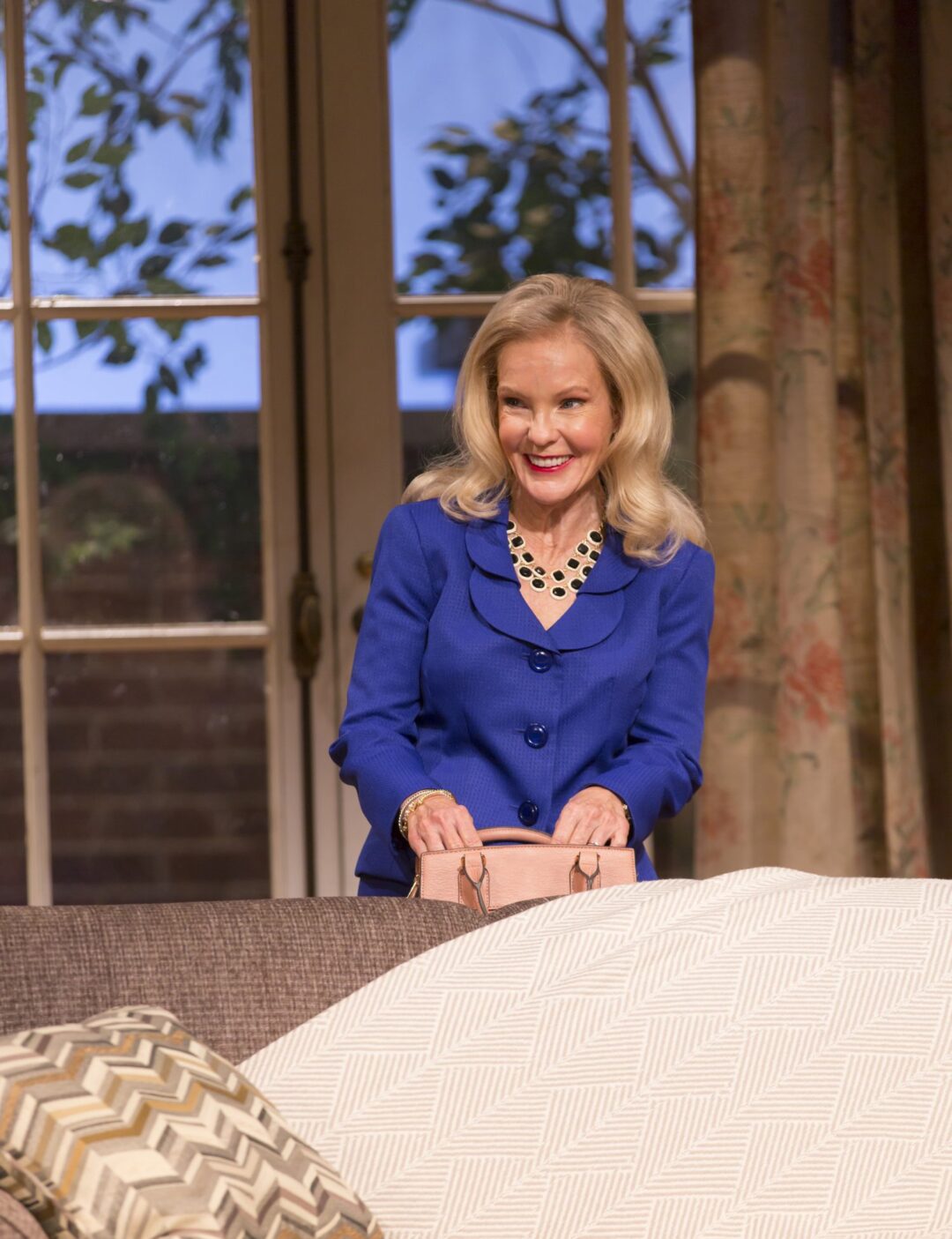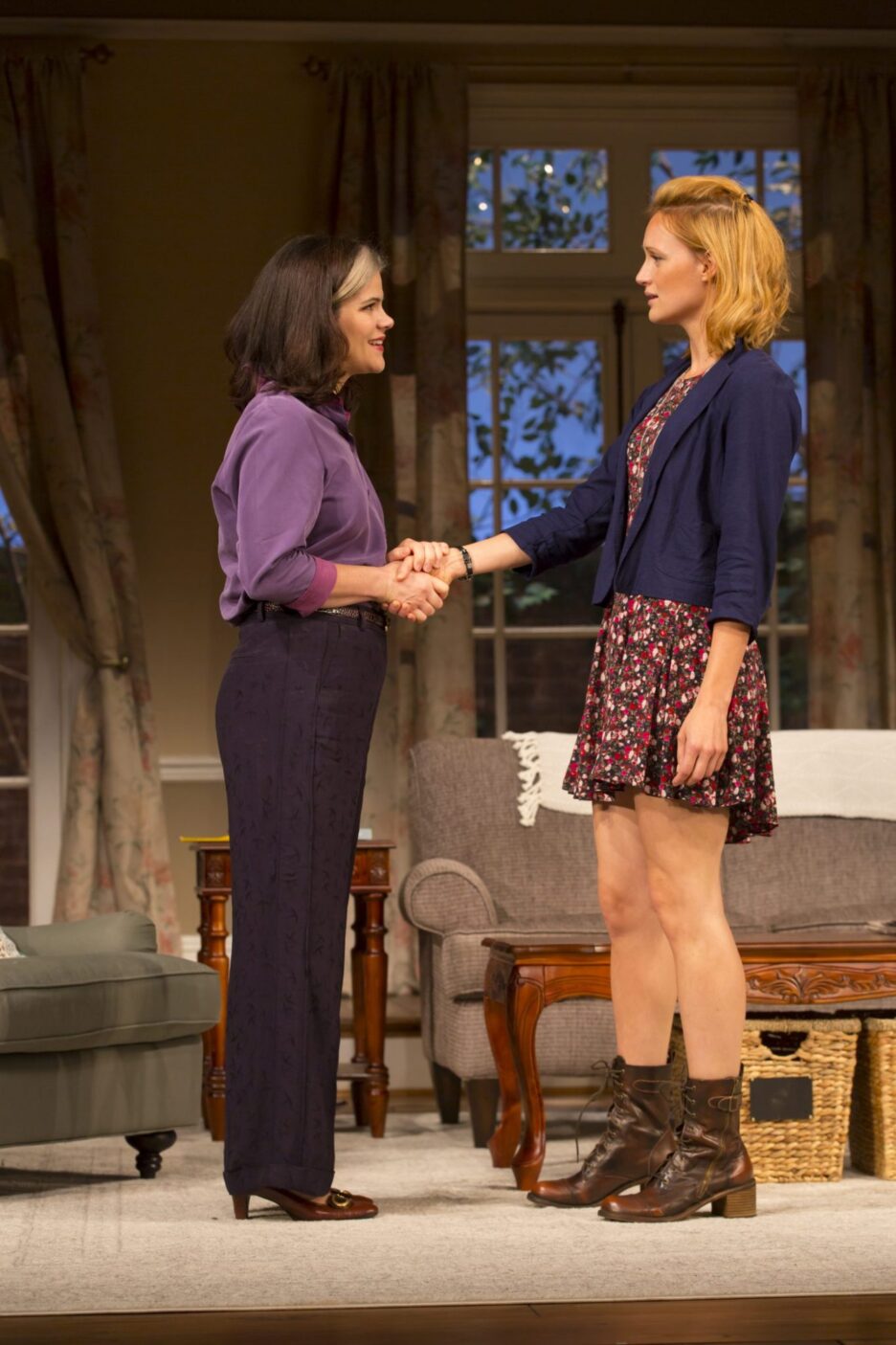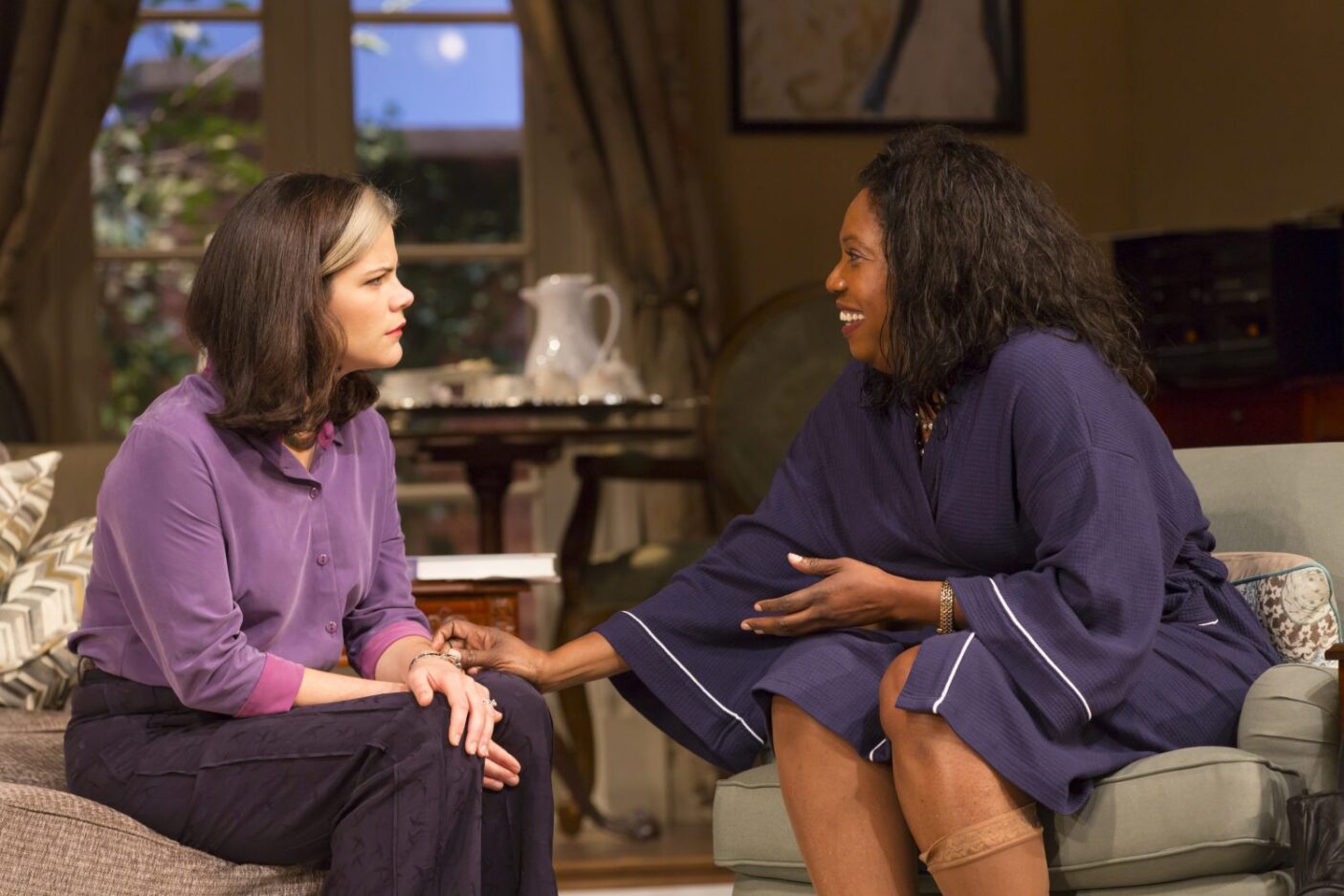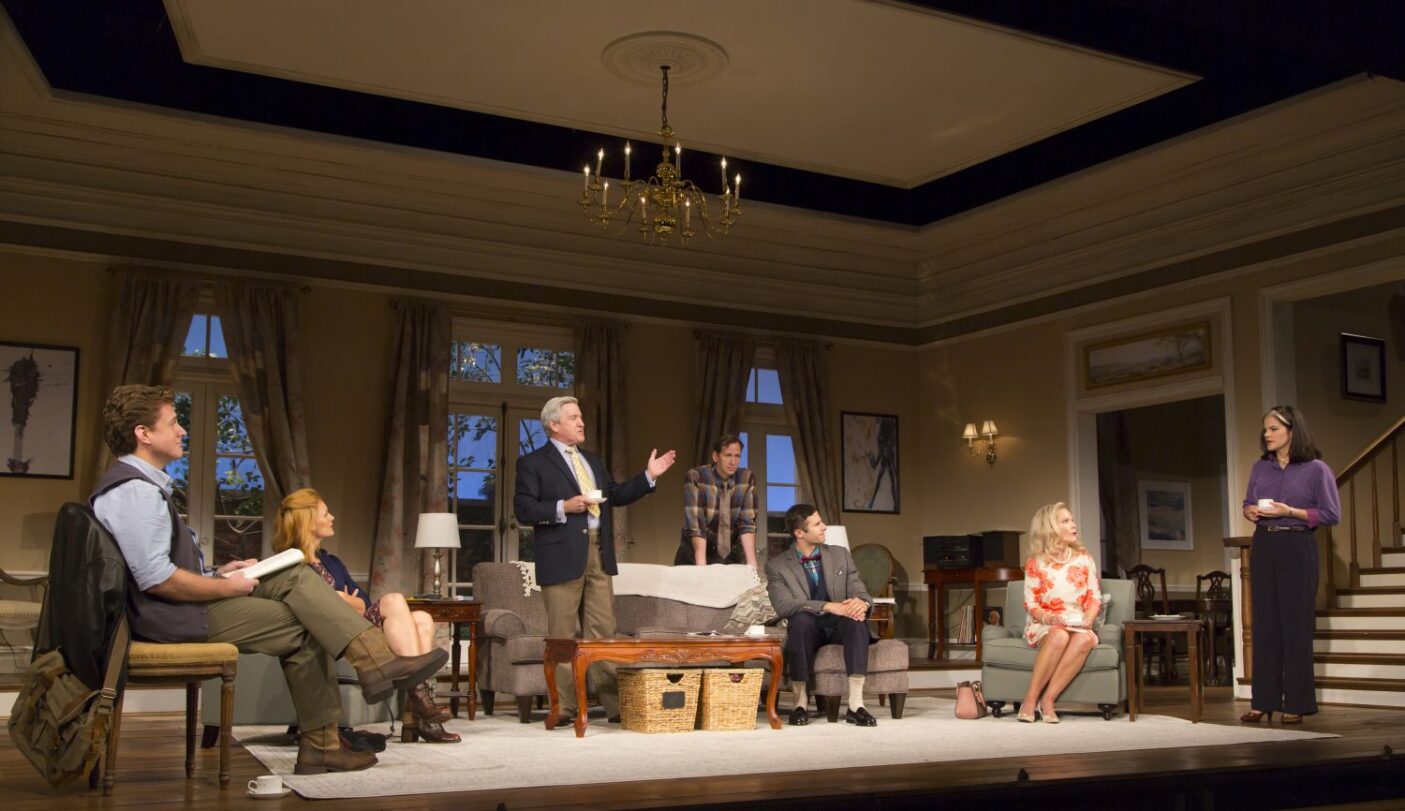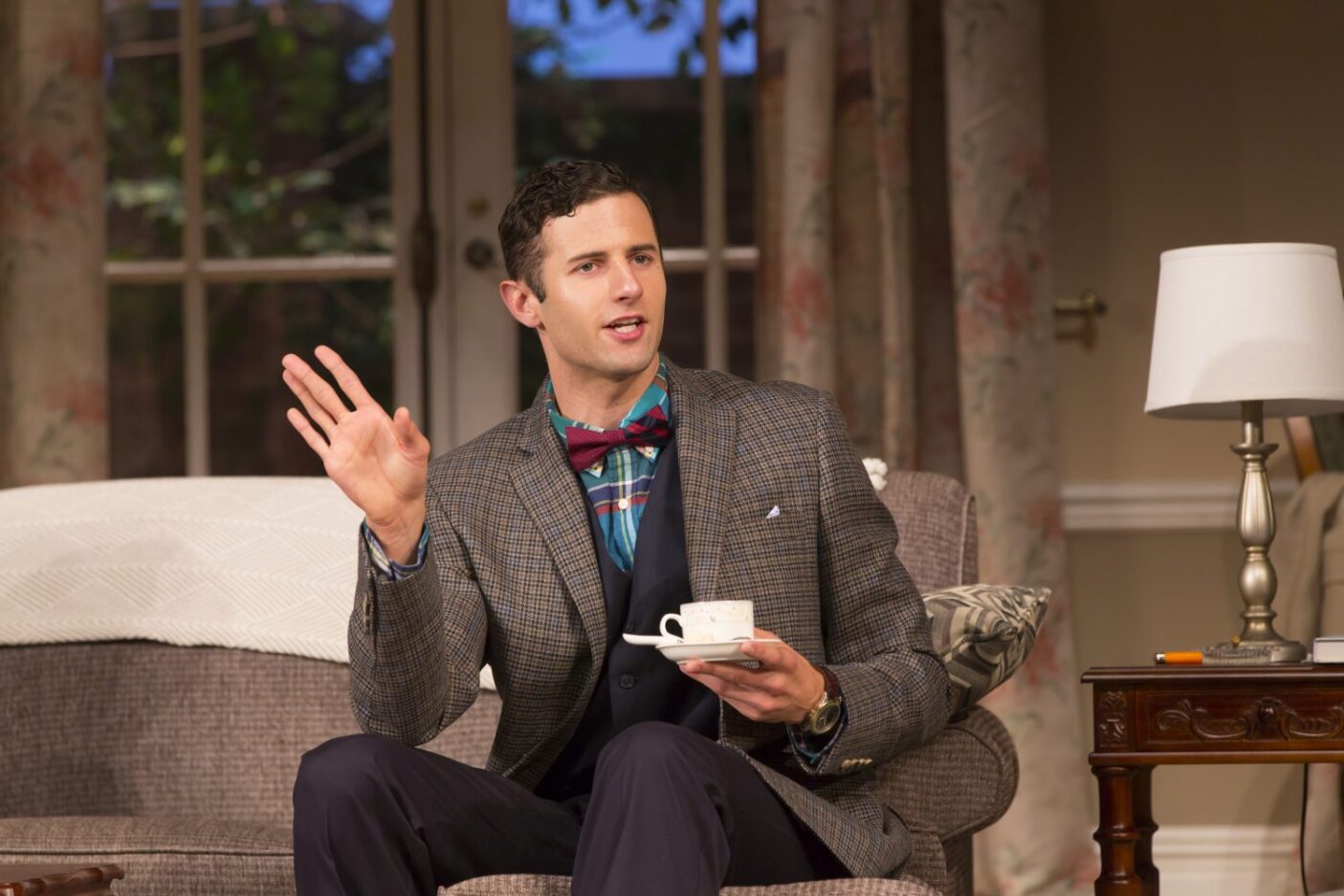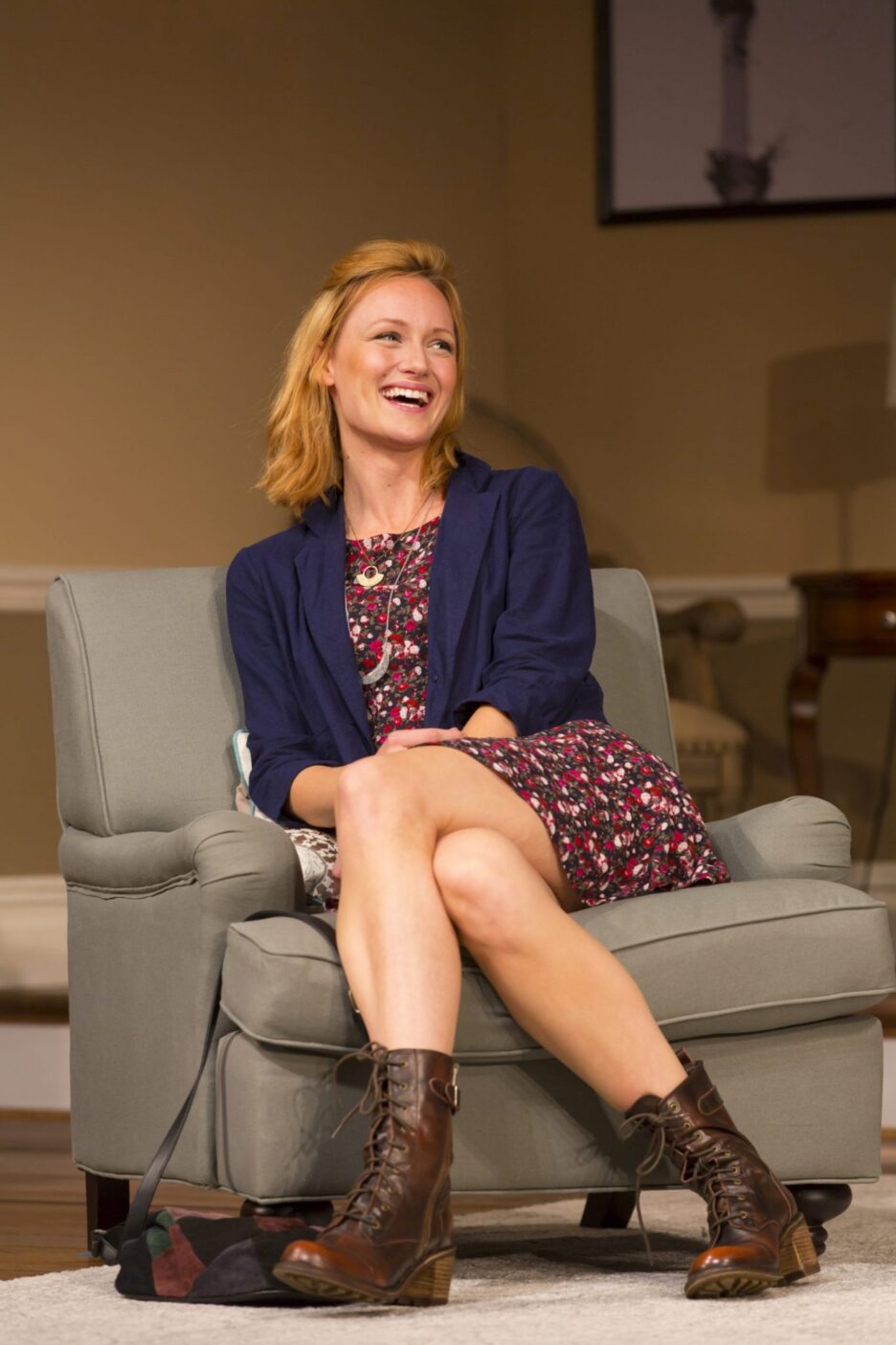By Wendy Wasserstein Directed by Evan Cabnet With Kerry Bishe, Jason Danieley, Diane Davis, Saidah Arrika Ekulona, Roe Hartrampf, Stephen Kunken, Carson Meyer, Richard Poe, Will Pullen, Deborah Rush
When the President of the United States nominates Dr. Lyssa Dent Hughes (Diane Davis) to the position of Surgeon General, the excavation of her past triggers a scandal that threatens her confirmation. As partisan politics play out, Lyssa’s deep personal relationships and impressive career trajectory hang in the balance. Evan Cabnet directs Pulitzer Prize and Tony Award-winner Wendy Wasserstein’s prescient 1997 play about the cost one woman pays when she dares to have it all.
An American Daughter runs 2 hours and 10 minutes, with one 15-minute intermission.
